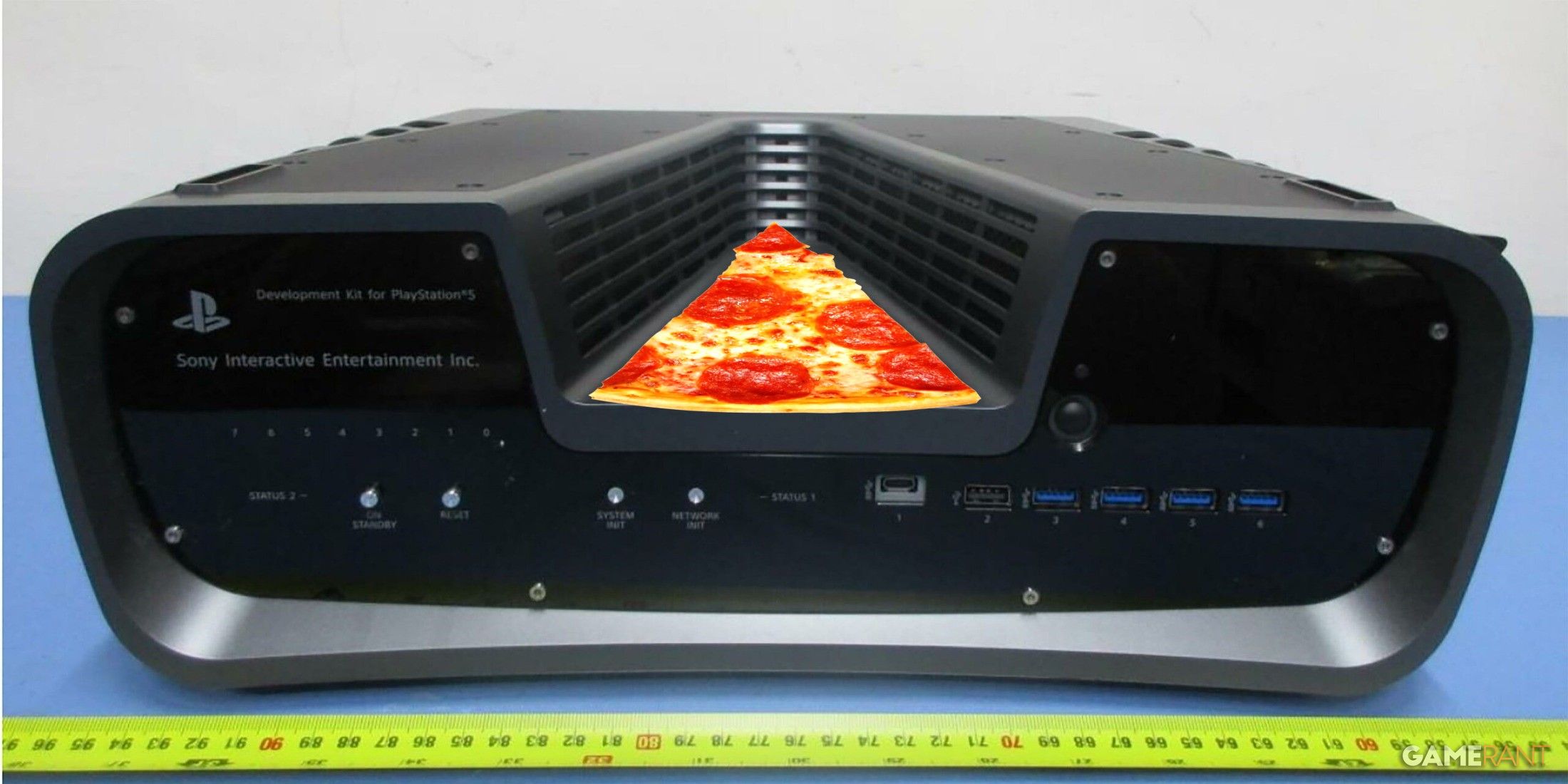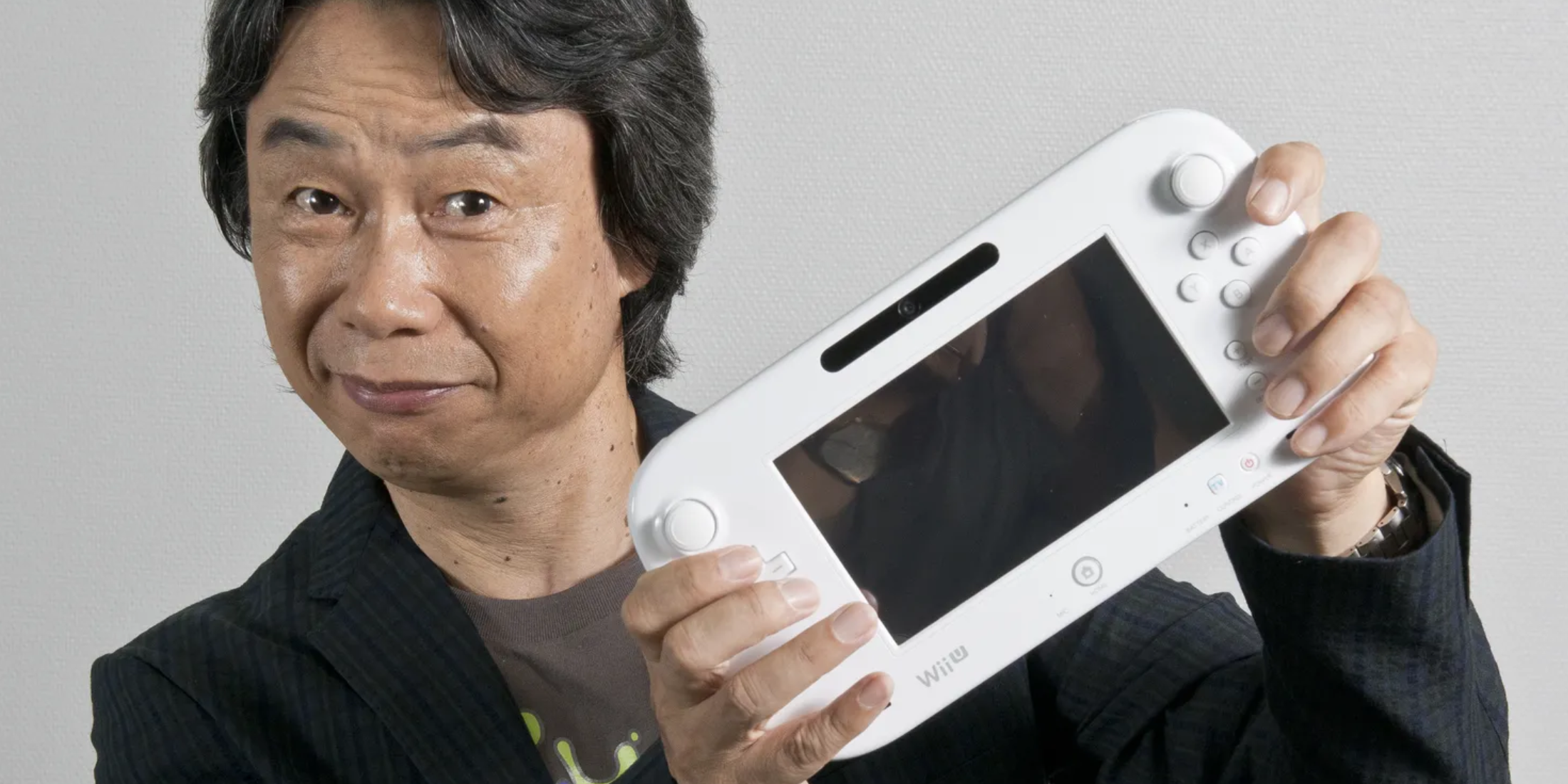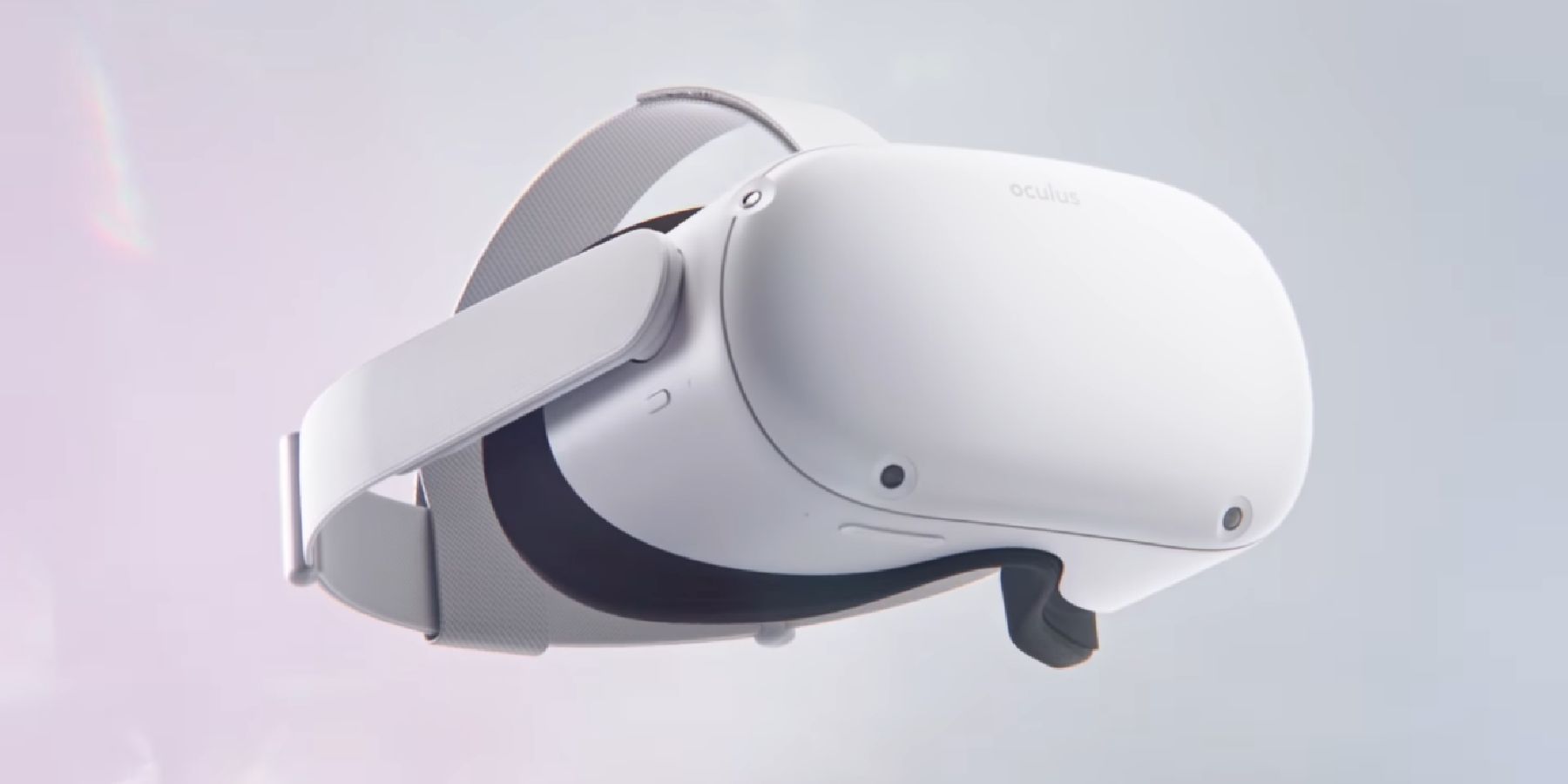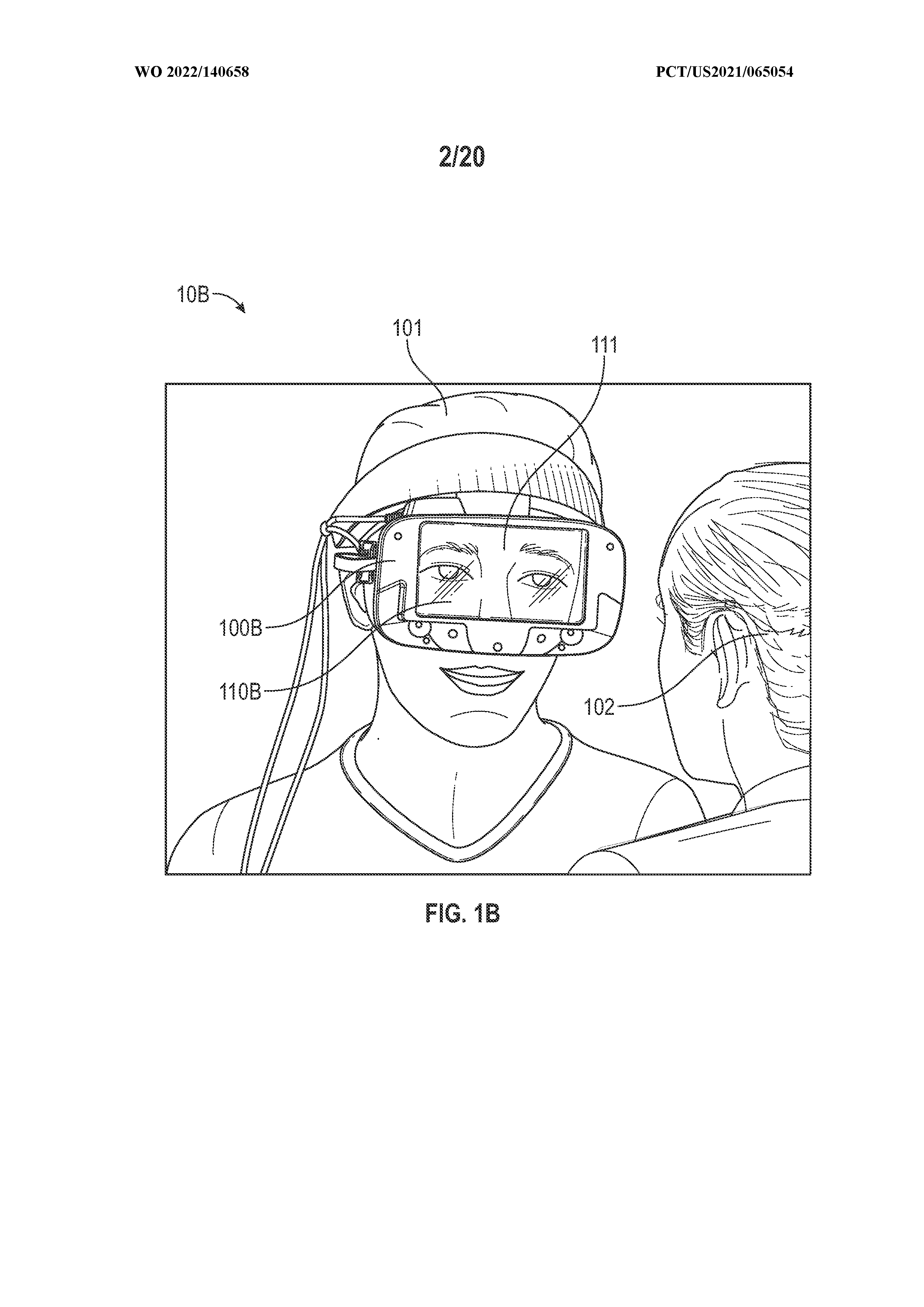The Meta Quest is undeniably leading consumer VR technology at the moment, as it is an affordable entry-level system that can run entirely self-contained. Riding on its success, parent company Meta (formerly Facebook) is investing a lot into VR research, with a recently-publicized patent revealing some insight into the potential future of virtual reality.
As gaming-ready VR's most affordable option by a long shot, the Meta Quest is quickly monopolizing the consumer side of the market by releasing exclusives and undercutting the prices of its competition. Other companies are aiming to improve, but for now Meta dominates the affordable VR space.
A recent patent filing from Meta details plans for a VR device that would allow people to see a subject's face while they are wearing the device. The way it provides the view is convoluted, and several iterations of the idea are included in the patent documentation; one of them goes so far as using a camera inside the headset to output a 3D model of the subject's face to a screen outside the headset. This results in an effect comparable to wearing a diving mask or a snorkel, where the subject's eyes are framed with the headset.
The result may not look natural, but it is an interesting way to make facial expressions readable by an external viewer without a headset on. The documents do not specify an actual use for the technology, but such specific changes to VR headsets would probably be applicable for testing purposes. A device allowing for more detailed displays of player reactions could provide useful data for playtesting games, and as the technology develops, the actual use for it may become more defined.
While Meta's research into VR technology is important and promising, patenting it will most likely continue to give the company an edge over its competition. Other devices aiming for a comparable price range like the Lynx R1 don't have access to the Meta Quest library of exclusives, and creating an affordable device that functions completely standalone is even more challenging.
It's no secret that Meta's intensive data collection is the real price of the Quest, especially with Meta's VR development functioning at huge losses. Facebook has a massive amount of money to throw at becoming the best option, even if it is through anti-consumer means like platform exclusivity and requiring an account for tracking purposes. Hopefully, real innovation will strike as the competition catches up to Meta's current near-monopoly.





